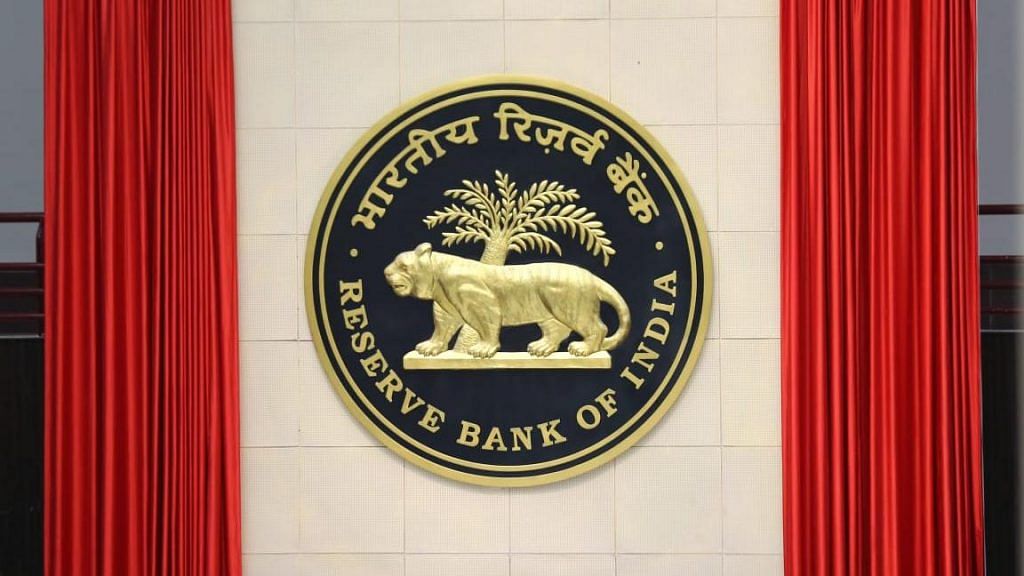Mumbai: The Reserve Bank of India (RBI) approved a record Rs 1.76 lakh crore payout to the government, boosting coffers at a time when it is under pressure to provide a fiscal stimulus to the slowing economy.
The RBI’s board approved a transfer, which includes Rs 1.23 lakh crore as dividend and Rs 52,640 crore from its surplus capital, according to a statement. The dividend payment includes Rs 28,000 crore already transferred to the government in February.
The payment from its surplus capital comes after the RBI’s board accepted the recommendations of a panel named by it to study its economic capital framework, it said.
The transfer of dividend and surplus capital by the central bank could be a timely boost for a government that is looking to step up spending as it deals with a rapidly slowing economy. Finance Minister Nirmala Sitharaman last week announced various steps to spur growth including hastening capital infusion in state-run lenders even as she strives to meet a narrower fiscal gap goal of 3.3% of gross domestic product.
Also read: Nirmala Sitharaman’s new steps to revive growth seen falling short
The government will immediately inject 700 billion rupees of fresh capital into state-run lenders, Sitharaman said Friday as she announced a number of measures to stimulate growth.
The record transfer of dividend and surplus capital will alleviate the risks arising out of a tax revenue shortfall, said Shubhada Rao, chief economist at Yes Bank Ltd. in Mumbai. It will allow the government to immediately infuse capital in state-run banks, she said.
“The bond markets will further build on its gains,” Rao said, adding that it is likely to see yields correcting by at least 10 to 15 basis points.
The RBI pays dividends to the government every year, based on the profits from its investments and printing of notes and coins.
Over the past couple of years, the Finance Ministry has been seeking higher payouts, arguing the central bank is holding more capital than it needs.
The demand on the RBI for more dividends and to part with a greater share of its capital has been a contentious issue between the central bank and the government. It resulted in a public standoff last year and is seen as one of the reasons for the abrupt exit of former Governor Urjit Patel in December.
“As on June 30, 2019, the RBI stands as a central bank with one of the highest levels of financial resilience globally,” the central bank said in the statement.
Also read: Fear of economic slowdown topmost on the minds of Indian monetary policymakers
